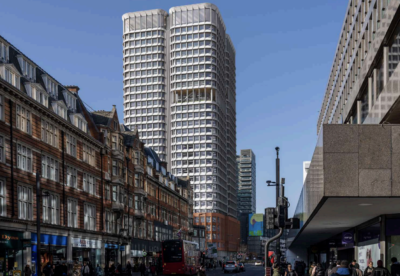In a trading update the AIM-listed firm said: “Whilst it is encouraging that the rate of inflation is trending down favourably and the widely expected fall in interest rates will benefit the wider market, trading conditions are expected to remain challenging for longer than initially anticipated.
“As a result, the Board now considers it appropriate to assume a more conservative profile for the Group’s recovery over the next twelve months.”
The firm added: “Market volumes for bricks in the UK have been significantly lower in the last twelve months, with UK despatches for the calendar year 2023 approximately 30% lower than 2022.
“Over the same period, brick imports into the UK are estimated to have fallen by 42%. FY24 Group sales volumes in the Bricks and Importing Divisions reflect these market trends, with FY24 revenues year-to-date at lower levels than in the prior year. Pricing is becoming increasingly competitive given the softer demand.”
Brickability said its expanded contracting division was performing well following a number of recent acquisitions as the group continues to diversify its operations.
Alan Simpson, Chief Executive Officer, said: “I am extremely pleased with the performance of the Group and of its employees, given the continuing challenging market conditions outside of our control. The short-term factors impacting our businesses are well publicised, however, we are very excited by some of the opportunities we are seeing in the market.
“We continue to make further progress on our strategy, which includes diversifying the Group through differentiated product offerings and acquiring higher margin revenue streams, the benefits of which we are already seeing. The two recent acquisitions demonstrate our ability to identify and execute quality acquisitions, whilst maintaining a robust balance sheet.
“We have maintained a disciplined approach to cost and cash management during this period, and I am confident the Group is extremely well positioned across each of its divisions to benefit when activity in its end markets recover.”


























.gif)


























